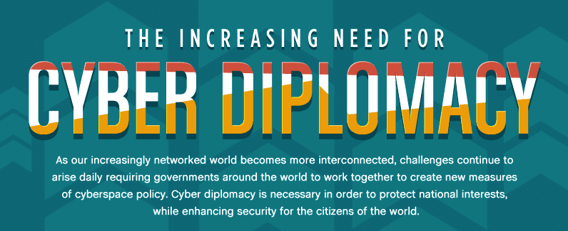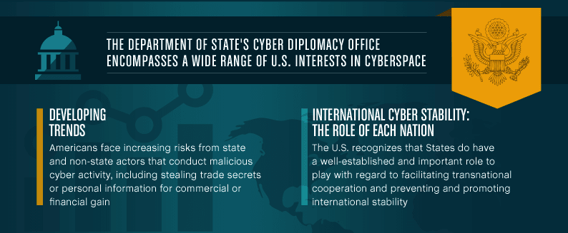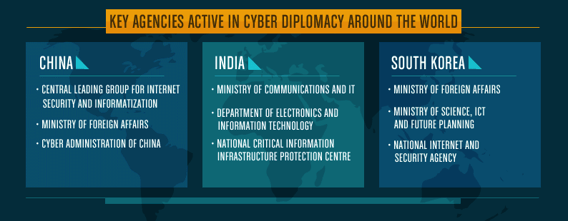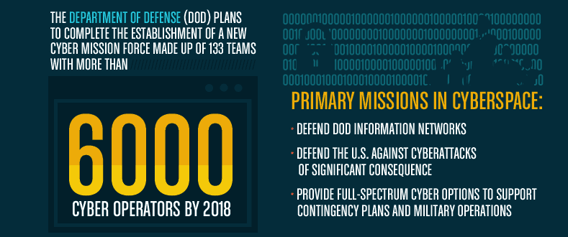
On May 12th, 2017, a global cyber attack hit, infecting over 200,000 computers across 150 countries. Named WannaCry after the ransomware used (sometimes also termed WannaCrypt), the virus caused serious disruption, disabling the systems of major companies such as FedEx, the NHS (National Health Service) in the UK, Deutsche Bahn in Germany, and Telefonica in Spain. By targeting a security vulnerability in the Microsoft Windows operating system, it was able to not only encrypt files and demand a Bitcoin ransom, but spread quickly by identifying other vulnerable systems.
Thankfully, a web security researcher discovered a "kill switch," registering a domain name that greatly slowed the spread of the virus. But WannaCry highlighted just how dangerous such an attack could be. The consequences of cybercrime are not just financial; when computer systems control our front-line services, and attack can literally put lives at risk. It’s vital, therefore, that we combat these threats and do everything we can to stop it from happening again.
A developing trend
The fact is that although it may be the most high-profile attack to date, WannaCry is not an isolated event. Cybercrime is rapidly replacing traditional crime as the criminal’s method of choice, and to complicate matters it involves both state and non-state actors. As was the case with WannaCry, attackers are able to hide in the anonymity of cyberspace, so the source is not always clear. As well as the harm inflicted by the crime itself (such as the loss of trade secrets or personal information), relations may be damaged between countries who suspect each other of political or economic espionage. Thankfully, governments around the world are recognizing the need for a cohesive strategy to tackle cybercrime.
Cyber diplomacy agencies

In 2011 the Office of the Coordinator for Cyber Issues was created in the US, and since then it has worked to promote the vision of an open yet secure internet, using diplomatic techniques to establish international norms and agreements with foreign partners. The agencies that represent those partners include the European Union Agency for Network and Internet Security (ENISA), the Central Leading Group for Internet Security and Informatization in China, the Centre for Information Security in Russia, and the National Cyber Security Centre in South Korea. The hope is that by engaging in cyber diplomacy with other countries, we can achieve a united stance against malicious activity, and a more secure cyber environment for everyone.
US-China agreement
Of course, one of the most pressing issues for the US is its relations with China. Recent reports have linked the WannaCry attack with China, but long before that the theft of intellectual property by Chinese hackers was a major concern. At a 2015 conference, an agreement was reached to end economic cyber espionage and co-operate on cybercrime issues, which appears to have reduced the number of hacking incidents. This political accord is seen as one of the major cyber diplomacy successes, but should not, however, be the end goal.
At the heart of the problem is the two countries’ conflicting approaches to cyber diplomacy. While US strategy is based around the creation of an open, global internet platform, at the heart of China’s approach is the idea of cyber sovereignty—that a country has the right to exercise control over infrastructure and activities in cyberspace in order to protect its national interests. The 2015 agreement was an important step in the right direction, but we cannot afford to be complacent, and further negotiation will be necessary.
The role of the EU

One clear ally of the US when it comes to cyber diplomacy should be the EU. It shares similar stated priorities, including a free and open internet, protecting the digital economy, and enhancing international stability. The 2013 EU Cybersecurity Strategy highlighted the need to work closely with international partners, and the Council Conclusions on Cyber Diplomacy, adopted in 2015, has helped to guide dialogues with third countries, including the US, China, India, Japan, and South Korea.
It is particularly important that the US and the EU work together in the current diplomatic climate. Despite being regional rivals, Russia and China are united by their interest in limiting US power, as evidenced by their blocking of US-led proposals in the UN Security Council. And with US-Russia relations having soured recently, it is more important than ever that the US and the EU have a close relationship to promote their shared vision.
The future of cyber diplomacy

As the availability of technology becomes evermore widespread, more and more actors will have the ability to conduct attacks such as WannaCry. The strategic advantage that the US has held when it comes to cyber capabilities will be further eroded, so working in partnership with other nations will be key going forward. Current cyber diplomacy leaders also have a role to play in helping developing nations to create effective cybersecurity strategies, to ensure that they do not foster or enable criminal activity.
The continuing challenge will be identifying where malicious actions come from. Without being able to attribute attacks with any certainty, the global community must work together to improve security and refrain from accusatory and inflammatory language, which could even lead to a conventional war. This is where the skills and experience of diplomats really comes to the fore. In 2016 the US trained its first Cyber Policy Officers, and continued development of specialist personnel should be a priority. Ever-evolving forms of technology will make negotiations complex, and changes to international law will inevitably be required, but engaging in an open and honest dialogue has to be the focus at all times. While the threat of cybercrime will never disappear completely, the use of well-established diplomatic tools and approaches is the best shot we have at keeping cyberspace a safe space.





